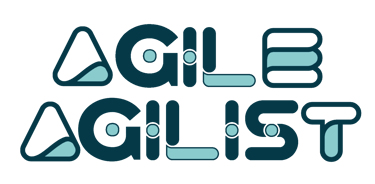Product Operating Model (POM):
Deliver Continuous Value at Scale
Build Products, Not Projects. Align Teams Around Value.
The Product Operating Model is not just about delivery—it’s about transforming your culture to foster creativity, continuous improvement, and learning.
Want to explore further? Ask us about our Certified Innovation Master™ program—a globally recognized certification that supplies leaders and teams with practical tools to driveinnovation in Agile environments.
Psychological safety to explore new ideas
Fail-forward learning loops driven by rapid feedback
Innovation metrics such as hypothesis velocity, time-to-learn, and value-to-risk ratios
Integrated Innovation Frameworks like Design Thinking, Lean Startup, and Agile
What Is a Product Operating Model?
A Product Operating Model is a modern enterprise structure that replaces traditional project-based delivery with a product-centric approach. It organizes work around customer-facing digital products or services, allowing organizations to accelerate innovation, improve accountability, and achieve business agility at scale.

Core Components of a Product Operating Model
Product TaxonomyDefine clear product boundaries across portfolios, platforms, and experiences.
Cross-Functional TeamsForm long-lived teams with full-stack capabilities and autonomy.
Product Funding ModelMove from project budgets to outcome-based product funding.
Product RolesEmpower product leaders—CPOs, PMs, POs—with decision-making authority.
Lean GovernanceStreamline decisions and reduce handoffs with lightweight controls.
Flow Metrics & OKRsMeasure what matters: time-to-value, customer impact, and team performance.
Why Shift to a Product Operating Model?
Organizations that adopt a Product Operating Model experience:
Faster Time to Market: Accelerate delivery through empowered, cross-functional product teams.
Customer-Centric Value: Align teams with real customer needs and measurable outcomes.
Improved ROI: Prioritize and fund products based on business value, not project budgets.
Smarter Decision-Making: Enable real-time governance through OKRs and flow metrics.
Clear Ownership: Give product managers and teams end-to-end accountability for success.
How to Implement a Product Operating Model
Implementing a product-centric model typically includes:
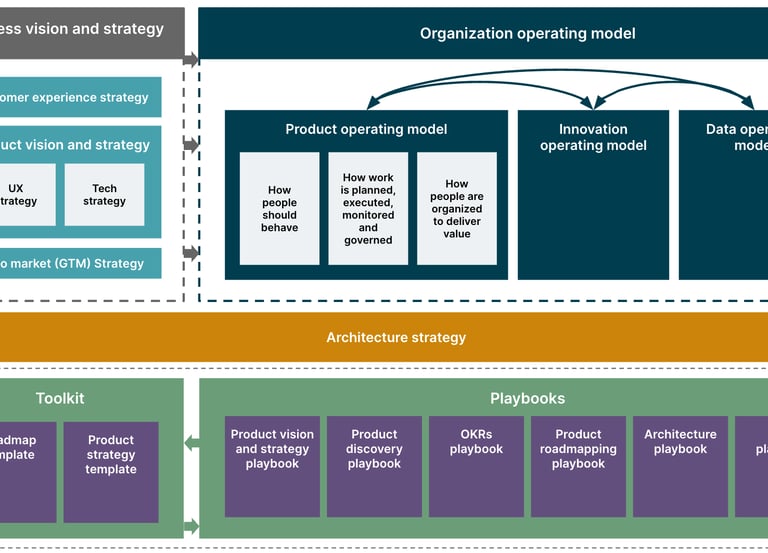

Value Stream Mapping – Identify how value flows through your organization.
Product Definition & Taxonomy – Create a clear structure for digital and business products.
Team Alignment – Build stable product teams with full lifecycle accountability.
Funding Shift – Replace project funding with product budgets based on OKRs.
Embed Innovation Frameworks – Integrate Design Thinking, Lean Startup, and Agile techniques.
Product Governance & Metrics – Introduce flow-based metrics and continuous planning.
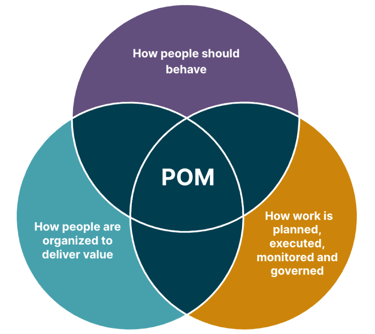

Who Should Use a Product Operating Model?
Digital-first organizations scaling Agile, DevOps, or SAFe®
Government and public sector teams shifting to value-based delivery
Enterprises with complex portfolios needing better product alignment
CIOs, CPOs, and transformation leaders seeking sustainable agility
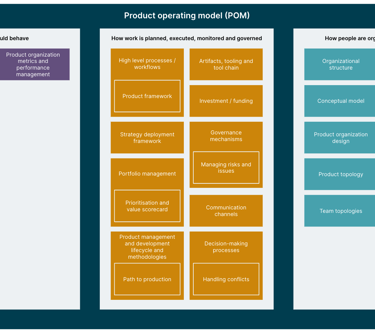

Benefits of a Product Operating Model
30–50% faster delivery cycles
Higher stakeholder satisfaction
Better alignment with strategic goals
Reduced delivery waste and rework
Greater team autonomy and morale
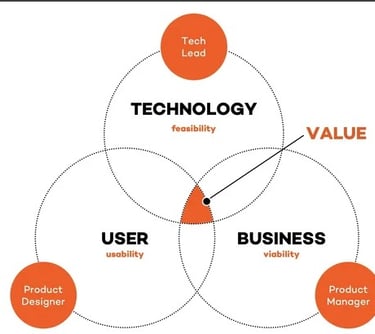

Frameworks That Support the Product Operating Model
SAFe® Scaled Agile Framework Product Operating Model
Spotify’s Squad/Tribe Model
Lean Portfolio Management (LPM)
Team Topologies
Flow Metrics & DORA
Outcome-Based OKRs
Innovation Metrics


How Agile Agilist Can Help
Expert in building Innovation Culture
Expert-led SAFe Product Operating Model transformations
Certified SAFe SPC & SPCT consultants
Custom workshops and coaching for product leaders
Real-world experience across banking, healthcare, defense, and government
Get Started with a Product Operating Model Today
Ready to shift from outputs to outcomes?
Book a Free Consultation
Download Our Product Operating Model Playbook
Request the Certified Innovation Master™ program
Join Our Next POM Bootcamp
